A Guide to Fixing Your TV When It's Not Turning On
Is your TV refusing to power up. Don't panic A dark screen doesn't necessarily mean it's
time for a costly repair or replacement.
In this expert guide we'll walk you through the common
reasons
why your TV might not be turning on and provide practical
steps to resolve the issue.
Table of Contents
- Check
the Basics
- Inspect
the Power Source
- Remote
Control and Buttons
- Power
Supply Issues
- Faulty
Cables and Connections
- Software
and Firmware Updates
- Common
Troubleshooting Steps
- When
to Seek Professional Help
- Conclusion
- FAQs
- References
1. Check the Basics
Before diving into complex solutions, ensure you've covered
the basics:
- Verify
if the TV is properly plugged into a power source.
- Check
if the TV's power cord is in good condition.
- Ensure
that the power outlet is functional.
2. Inspect the Power Source
Is the TV still not turning on? Let's dig deeper:
- Test
the power outlet with another device to rule out electrical issues.
- Check
if the TV's power indicator light is active.
- If it's not, there may be an issue with the power source or the TV's internal power supply.
3. Remote Control and Buttons
Sometimes the problem is simpler than it seems:
- Replace
the remote control batteries or ensure it's working correctly.
- Use
the TV's physical power button to see if it responds.
4. Power Supply Issues
Your TV's power supply may be the culprit:
- Inspect
the power board for visible damage or burnt components.
- If you
have the expertise, consider replacing the power supply unit.
5. Faulty Cables and Connections
Check the connections for potential problems:
- Ensure
all cables such as HDMI VGA or AV are securely plugged in.
- Dust
can accumulate in connectors, causing poor contact.
6. Software and Firmware Updates
Outdated software might be causing the issue:
- Check
if your TV has the latest firmware update. If not, download and install
it.
- Performing
a factory reset can also resolve software-related problems, but be aware
that it will erase your settings.
7. Common Troubleshooting Steps
Some additional troubleshooting tips:
- Try a
power cycle by unplugging the TV for a few minutes and then plugging it
back in.
- Test
the TV on a different power outlet.
- Consult
the TV's manual for specific troubleshooting advice.
8. When to Seek Professional Help
If your TV still won't turn on after trying these steps, it may be time to call a professional. Possible issues could include a malfunctioning internal component or a complex electrical problem.
|
Advantages |
Disadvantages |
|
1.
Cost-effective |
1.
Limited expertise can cause further damage |
|
2.
Avoids unnecessary expenses |
2.
Time-consuming, especially for complex issues |
|
3.
Enhances your DIY skills |
3.
May void warranties if not done properly |
|
4.
Immediate results for simple fixes |
4.
Some issues require professional diagnosis and repair |
Conclusion
In many cases, the issue of a TV not turning on can be
resolved without professional intervention.
Start with the basics
and work your way up to more complex solutions.
By following this guide, you can save both time and money,
ensuring that your TV is back up and running smoothly.
FAQs
Q1: My TV still won't turn on after trying all the steps.
What should I do?
A1: If all else fails, it's advisable to contact a certified
TV technician for a thorough diagnosis and repair.
Q2: Can a power surge cause my TV not to turn on?
A2: Yes, power surges can damage the internal components of
your TV. Consider using surge protectors to prevent this.
Q3: How often should I update my TV's firmware?
A3: Check for updates periodically, as manufacturers release
firmware updates to address bugs and improve performance.
References
- How to Troubleshoot a TV That Won't Turn On
- TV
Troubleshooting - TV Won't Turn On
- How to Fix a TV That Won't Turn On
Remember, with a systematic approach, you can often revive
your TV without costly repairs or replacements. Start with the basics and move
on to more advanced solutions, and you might just bring your TV back to life.
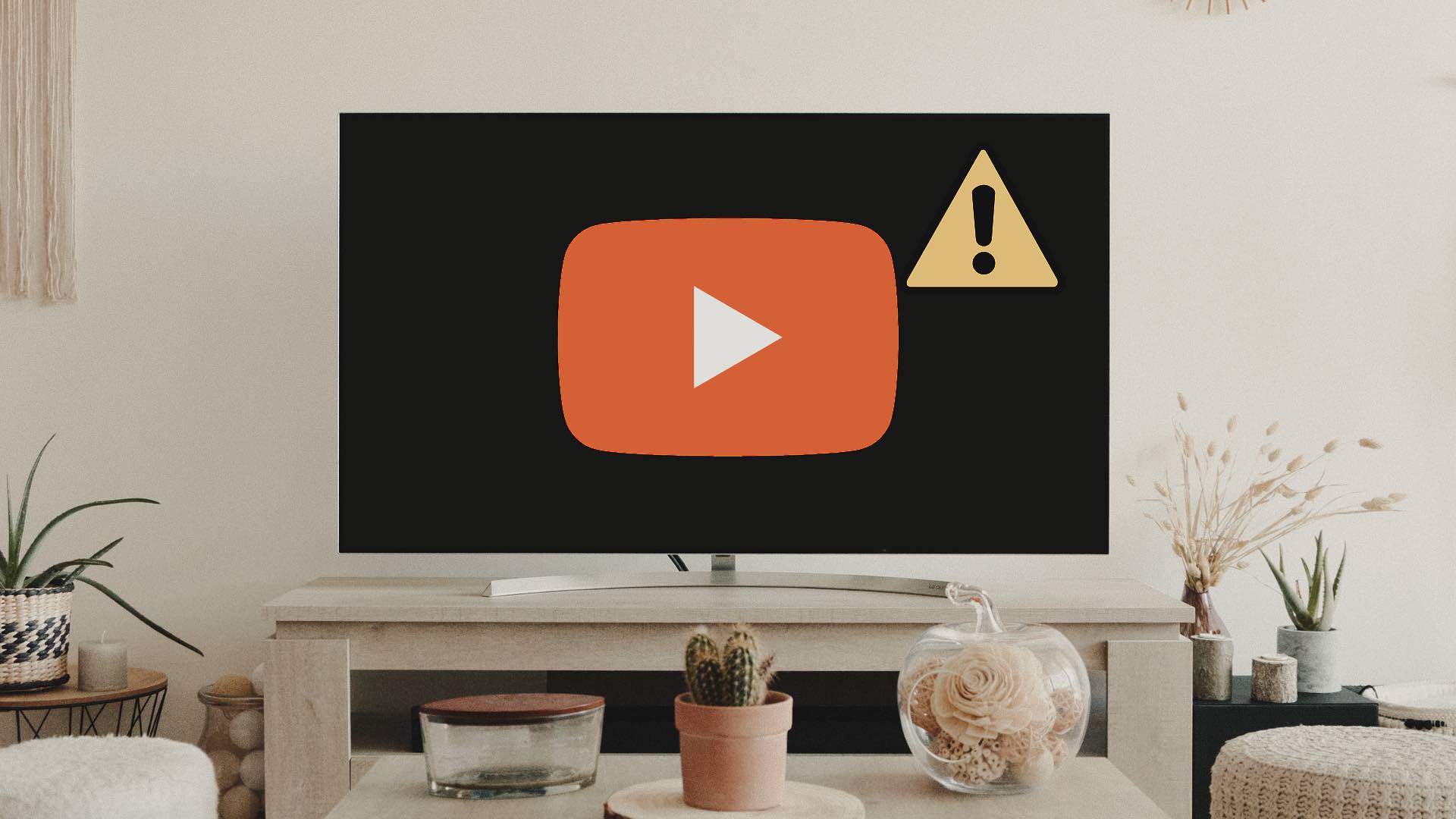
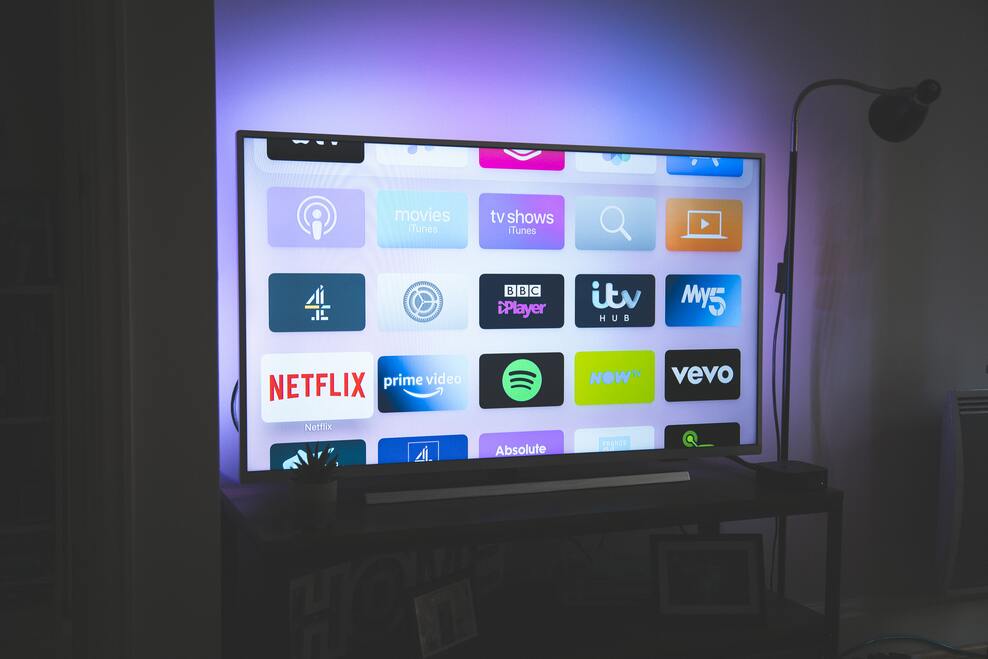

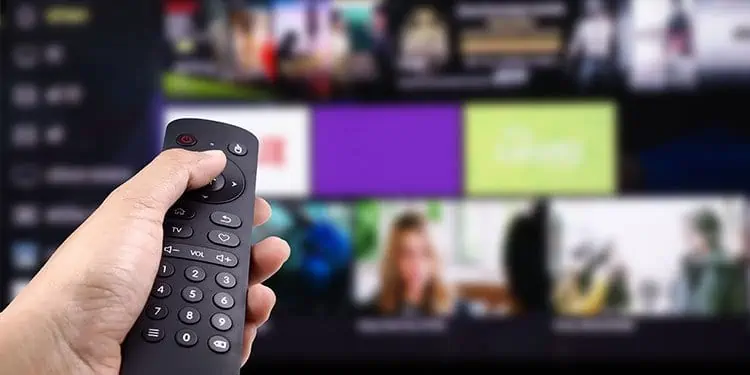
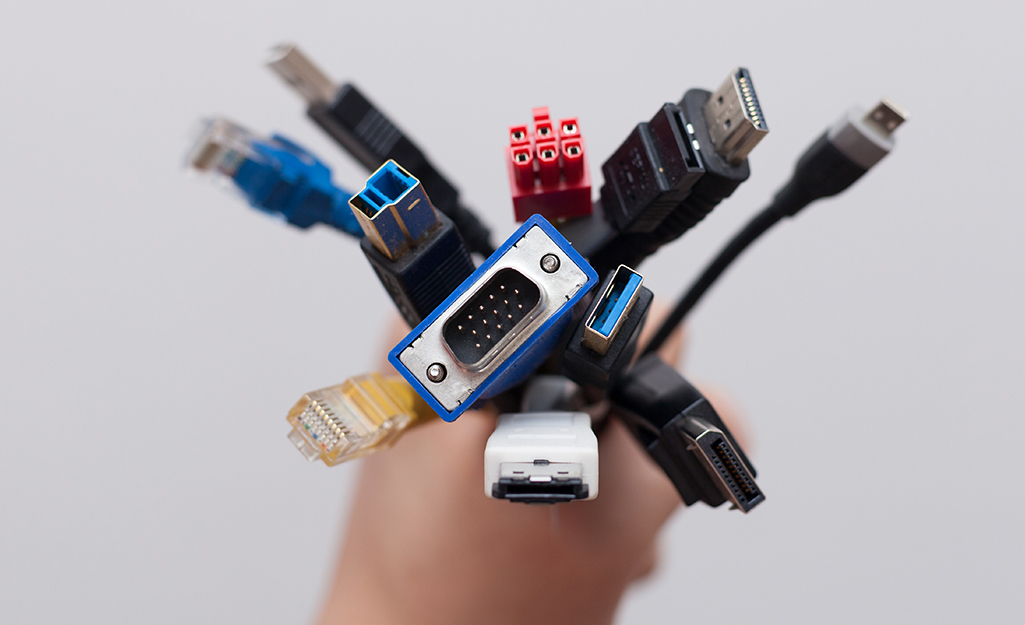

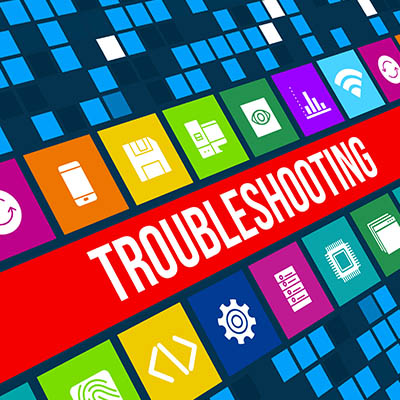

0 Comments